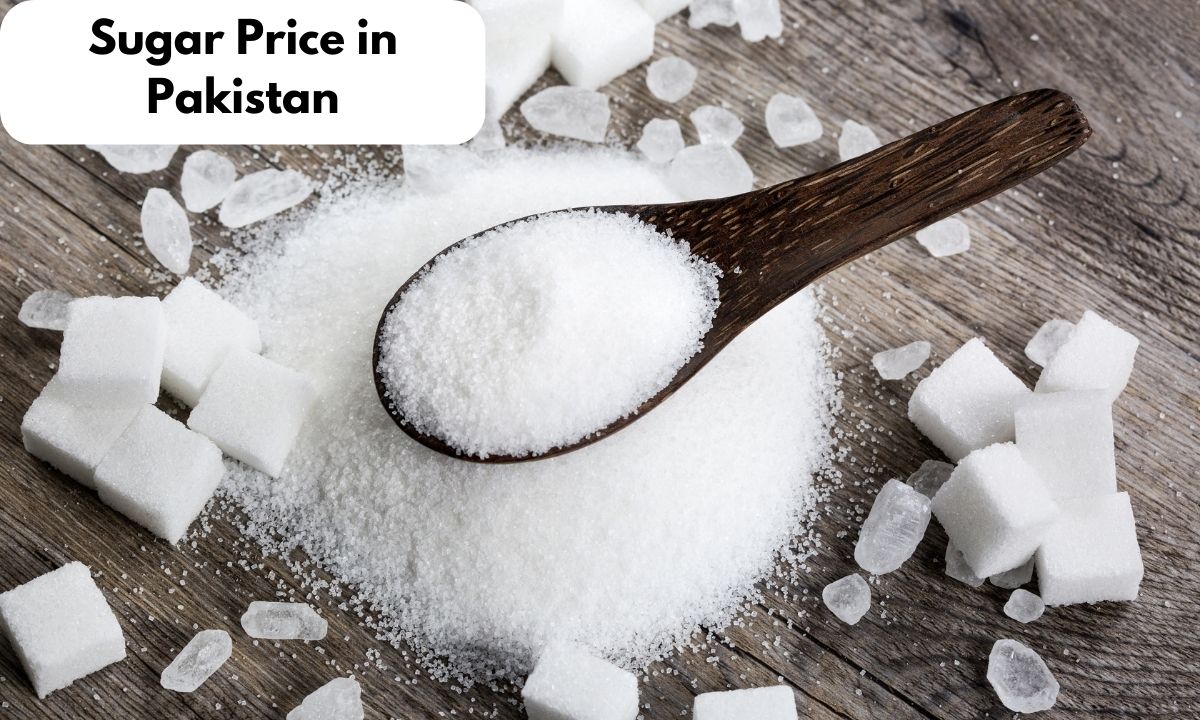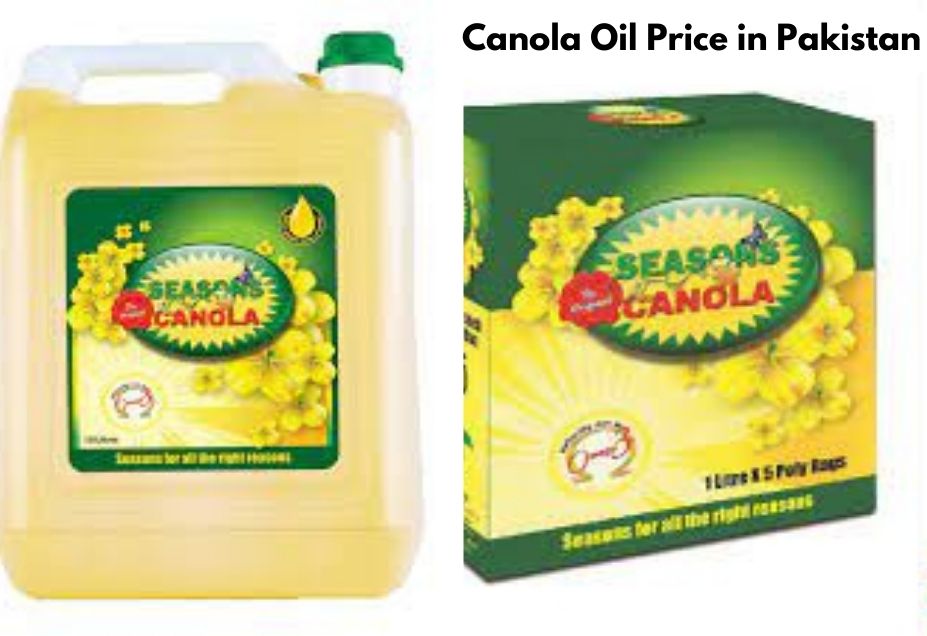Sugar Price in Pakistan (Latest Guide)
Lately, Pakistan has been facing a sharp increase in the cost of sugar, which has created ripples throughout the country’s economy and among its people. This basic item, found in almost every Pakistani home, is now being sold at very high prices, even exceeding PKR 155 per kilogram in some areas.
This unexpected jump in prices has put a strain on many families, especially those with limited incomes. Moreover, it raises alarms about the stability of Pakistan’s economy as a whole. As we witness these escalating sugar prices, it becomes essential to delve into the reasons behind this trend and understand its broader impact on both the people and the nation’s economic health.

Overview of Sugar Prices in Different Cities of Pakistan
| City | Price Range (PKR) |
| Karachi | 123 – 150 |
| Lahore | 130 – 160 |
| Peshawar | 140 – 160 |
| Rawalpindi | 130 – 160 |
| Islamabad | 130 – 160 |
| Faisalabad | 130 – 160 |
| Multan | 130 – 160 |
Historical Context of Sugar Prices in Pakistan
The history of sugar prices in Pakistan paints a multifaceted picture that has seen both lows and highs over the years. Between 1991 and 2018, sugar prices in the market varied significantly, dropping to as low as 11.260 PKR/kg in 1991 and surging to a peak of 72.720 PKR/kg in 2011.
This recurring pattern of price fluctuations is not new to Pakistan and often results from a mix of factors such as varying production levels, storage practices by influential sugar mill owners, and governmental oversights. Since the 1970s, Pakistan’s sugar industry has enjoyed substantial protection, offering attractive returns on investment for private entities.
However, these price swings have broader repercussions, impacting both the economy and the general populace. Notably, soaring sugar prices put pressure on household finances, especially for families with limited means, and pose challenges to the country’s economic well-being.
Fast forward to 2023, and we witness a culmination of these challenges, with sugar prices soaring to unprecedented levels. Such circumstances have sparked discussions for much-needed reforms in the sugar sector, particularly considering the significant involvement of political figures in this industry.
Factors Contributing to the High Sugar Prices
Several factors have contributed to the elevated sugar prices in Pakistan. A primary reason is the high production costs stemming from low yields of sugarcane and sugar per hectare. This factor significantly drives up the cost of producing sugar within the country.
Additionally, governmental interventions and mismanagement exacerbate the sugar price challenges. The government’s efforts to shield influential sugarcane growers for political reasons have perpetuated recurrent sugar price crises.
Furthermore, the actions of sugar mill owners, including hoarding, claiming production losses, and engaging in illicit exports through smuggling, have created artificial shortages in the local market, even though Pakistan produces more sugar than its consumption demands.
On a broader scale, global market dynamics and policies also influence domestic sugar prices. Rising international sugar prices, combined with the subsidies that the Pakistani government provides to sugar mills, have resulted in elevated domestic prices. Moreover, factors such as volatile exchange rates, wage hikes, and escalating electricity costs contribute to the overall increase in sugar prices within the country.
Conclusion
The prevailing sugar price in Pakistan, hovering around PKR 155 per kilogram, underscores the pressing need for enduring solutions. It’s vital to address the fundamental reasons behind these soaring prices, encompassing issues like diminished sugarcane and sugar yields, governmental lapses, and unscrupulous activities by sugar mill owners.
Both the government and the industry bear pivotal responsibilities in restoring equilibrium to the sugar market. The government must institute robust regulations and oversight mechanisms, fostering an atmosphere conducive to fair competition while deterring hoarding and smuggling practices.
Concurrently, the industry must prioritize enhanced efficiency, transparency, and advancements in sugarcane and sugar yields. By confronting these challenges proactively, Pakistan can transition towards a more resilient and sustainable sugar market, benefiting the broader economy and countless households reliant on this vital commodity.
While the recent initiative by the Utility Stores Corporation (USC) to procure sugar at a reduced price offers a glimmer of hope for potential price reductions, it represents just one facet of the solution. A holistic approach, encompassing enduring strategies, is imperative to avert future price escalations and ensure the universal affordability of this indispensable staple for all Pakistani citizens.





